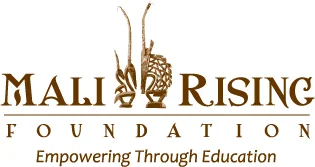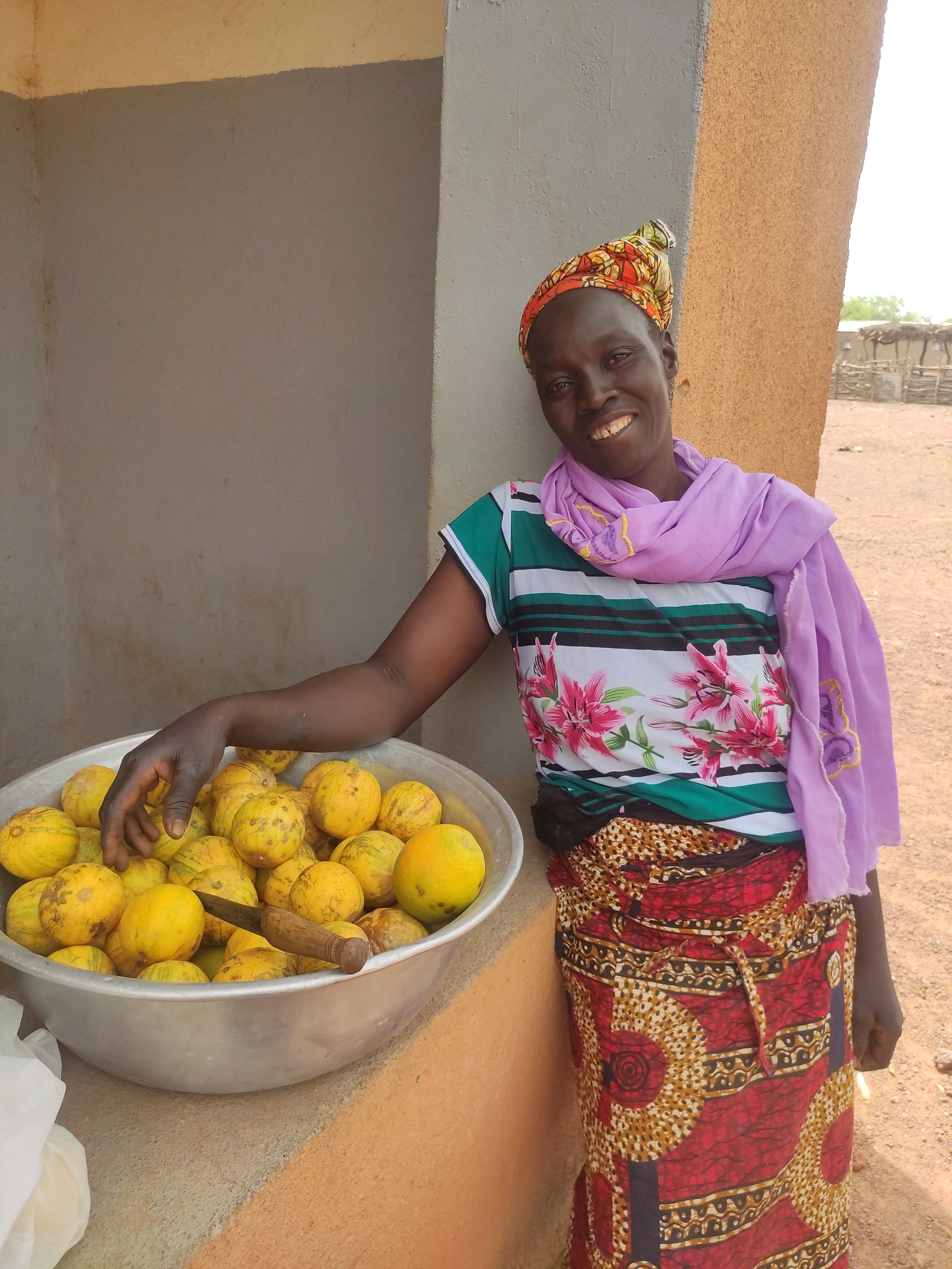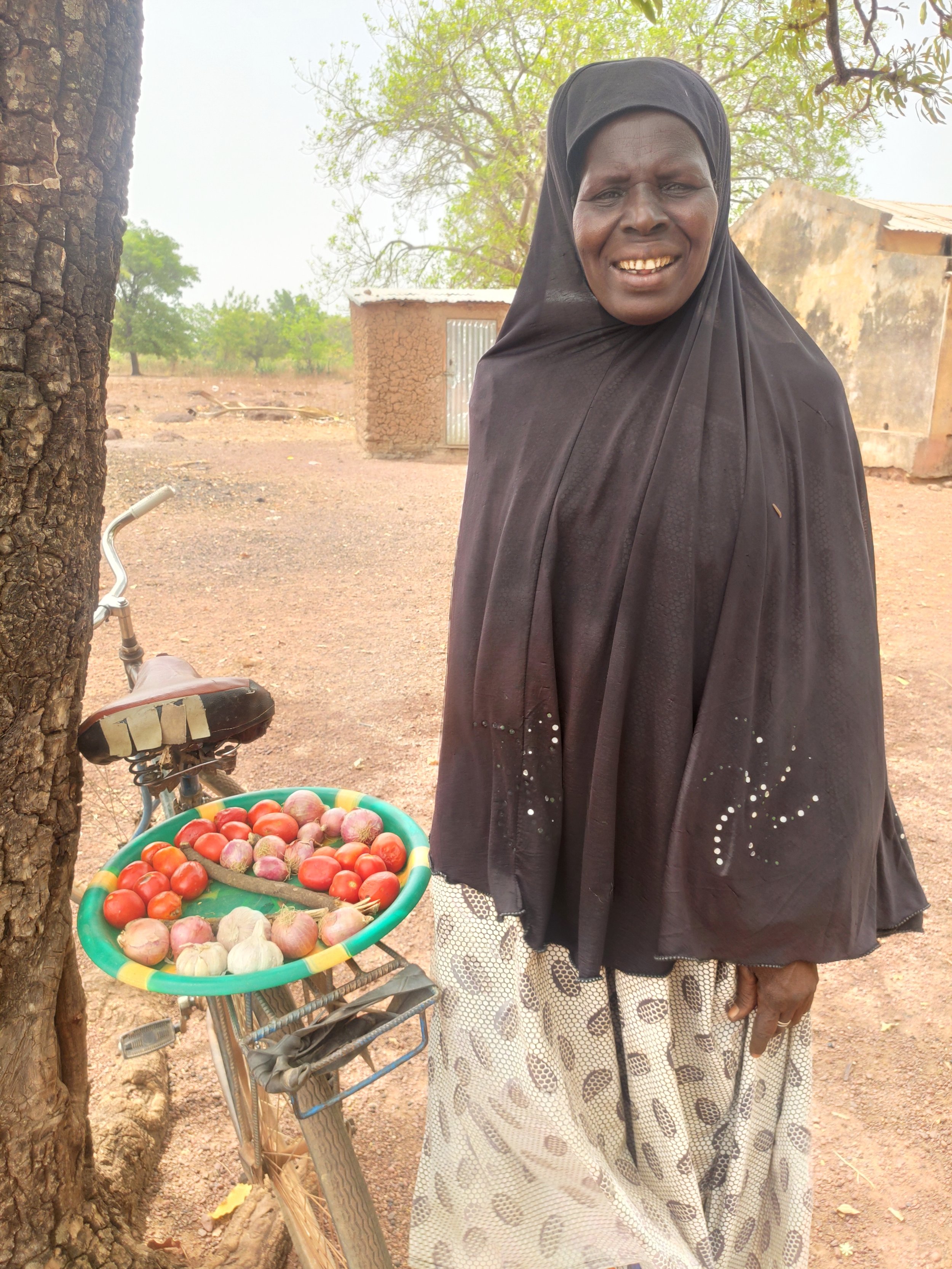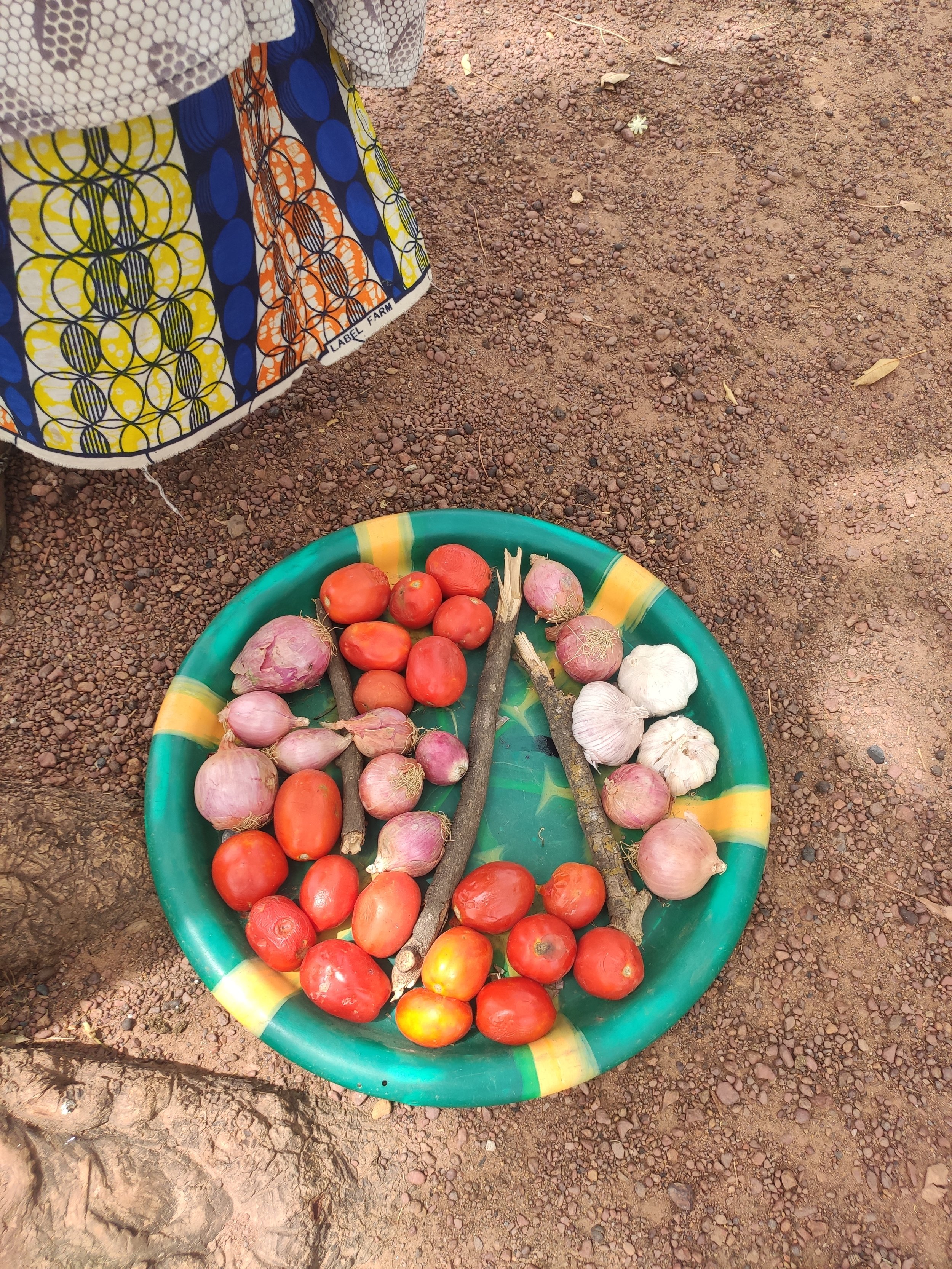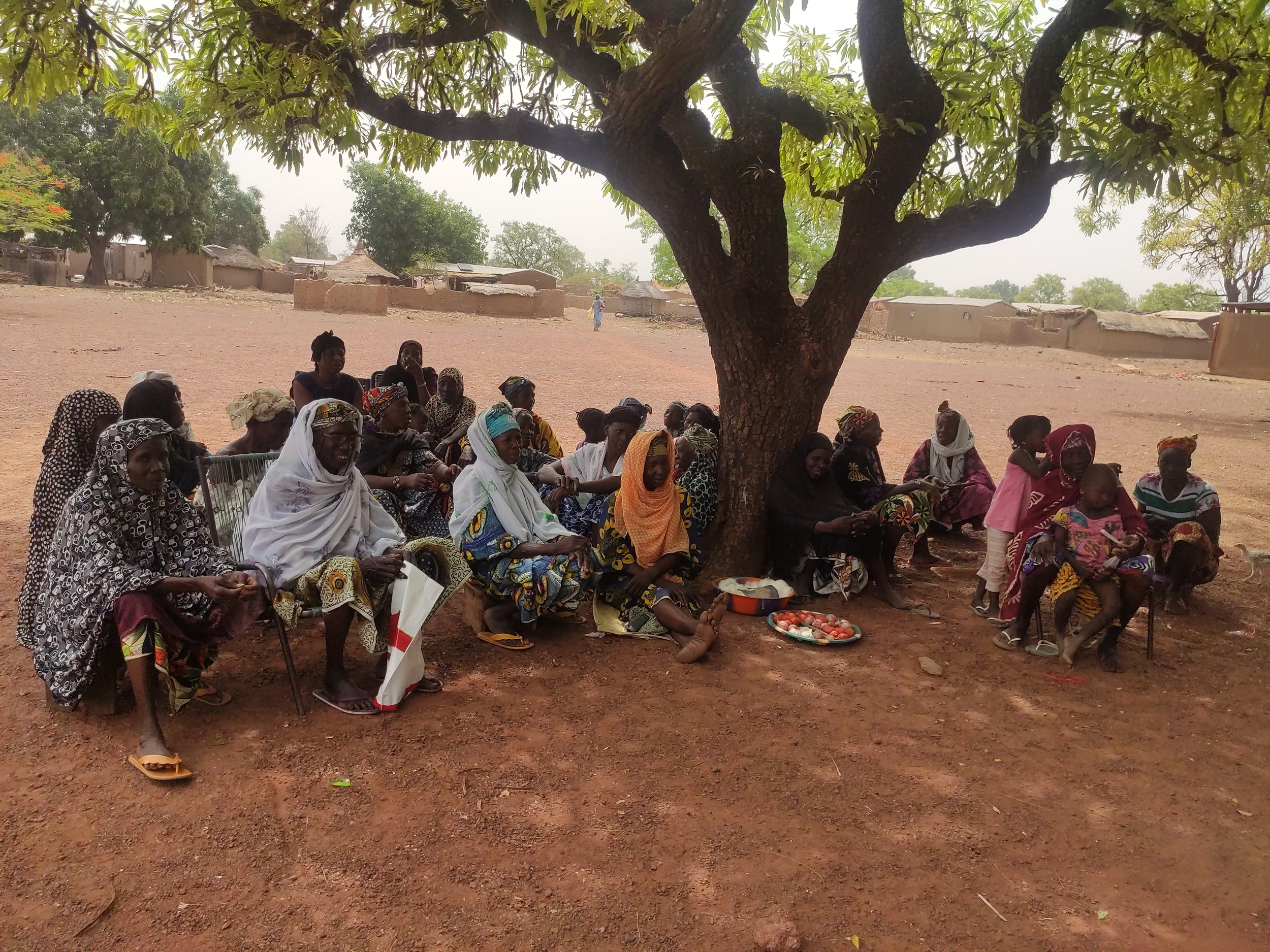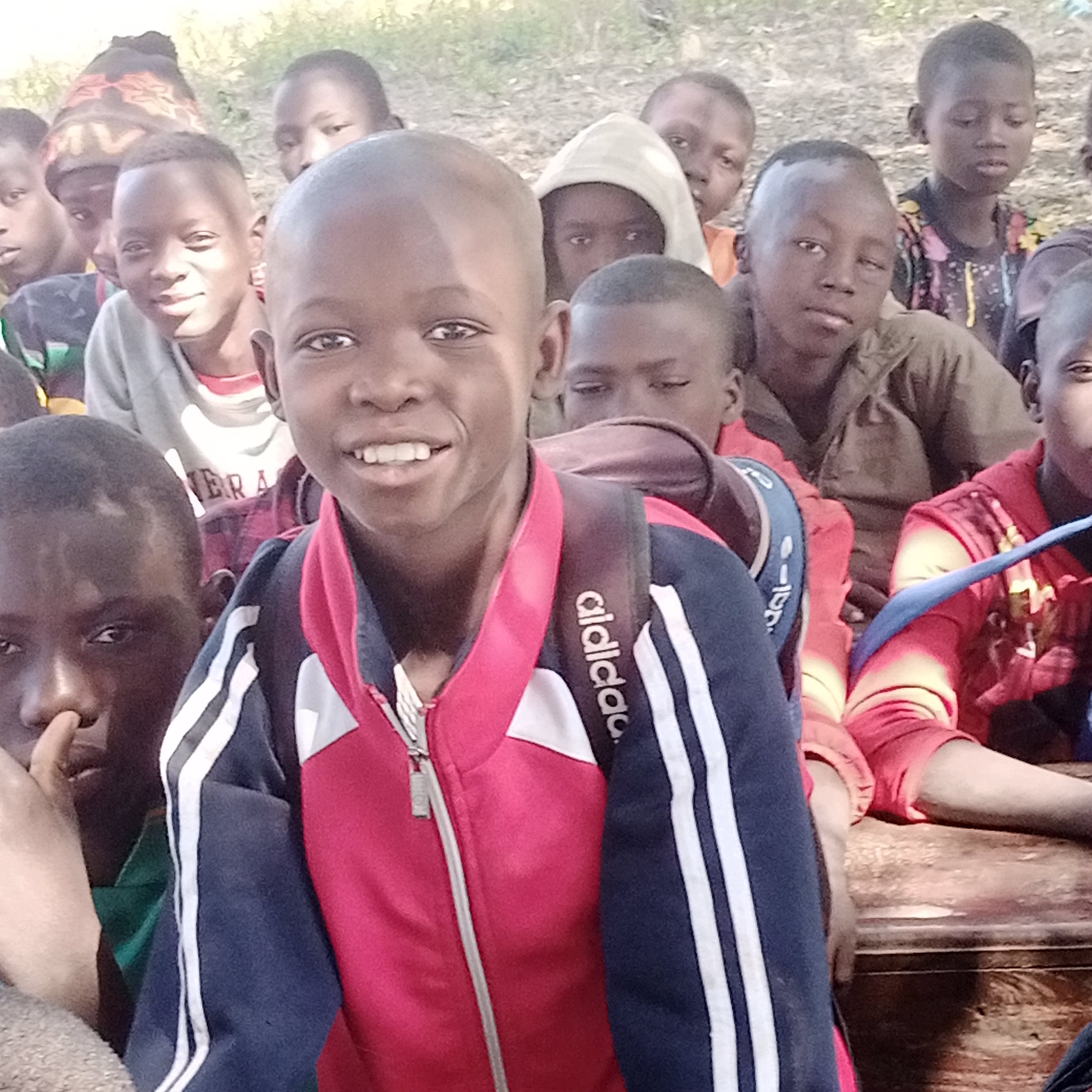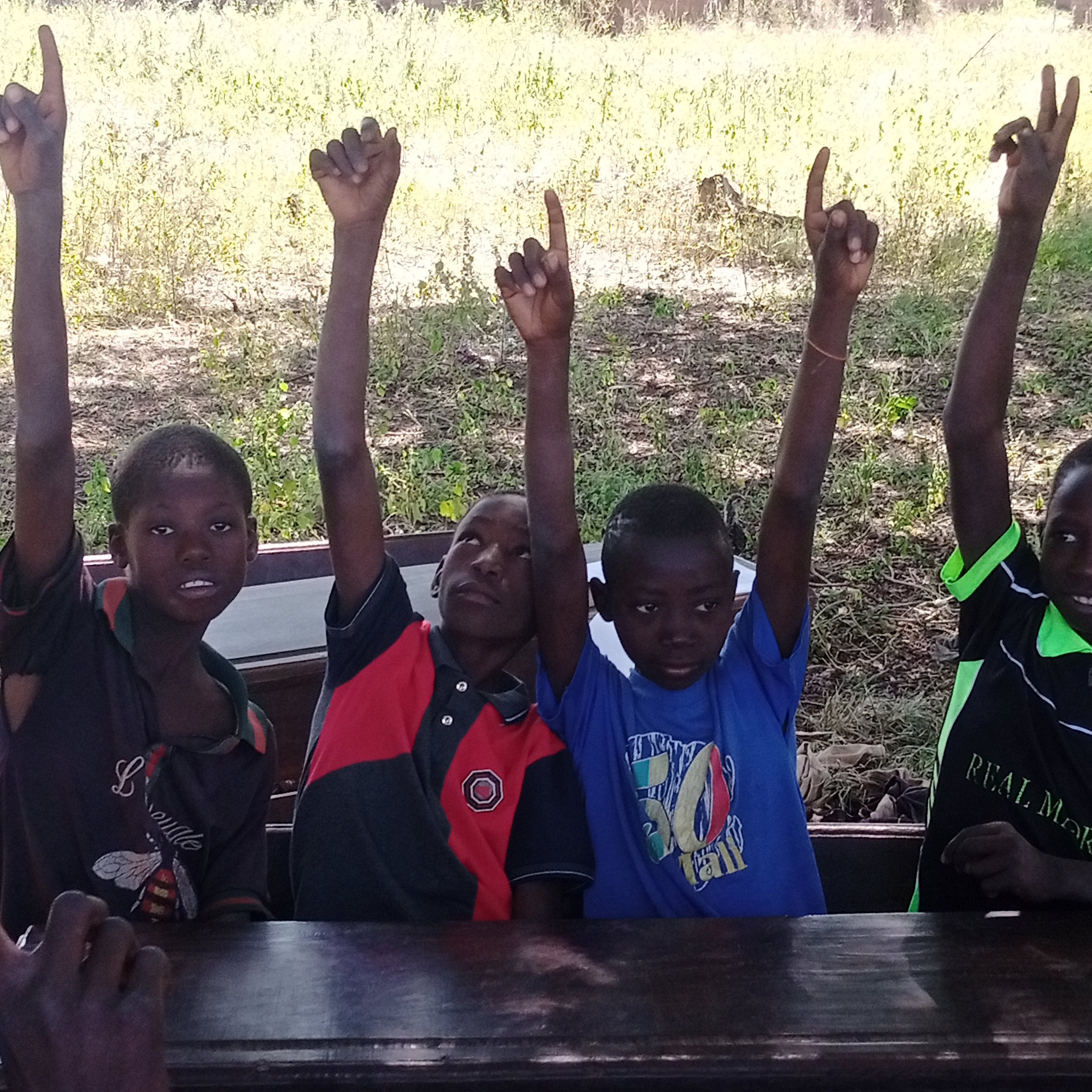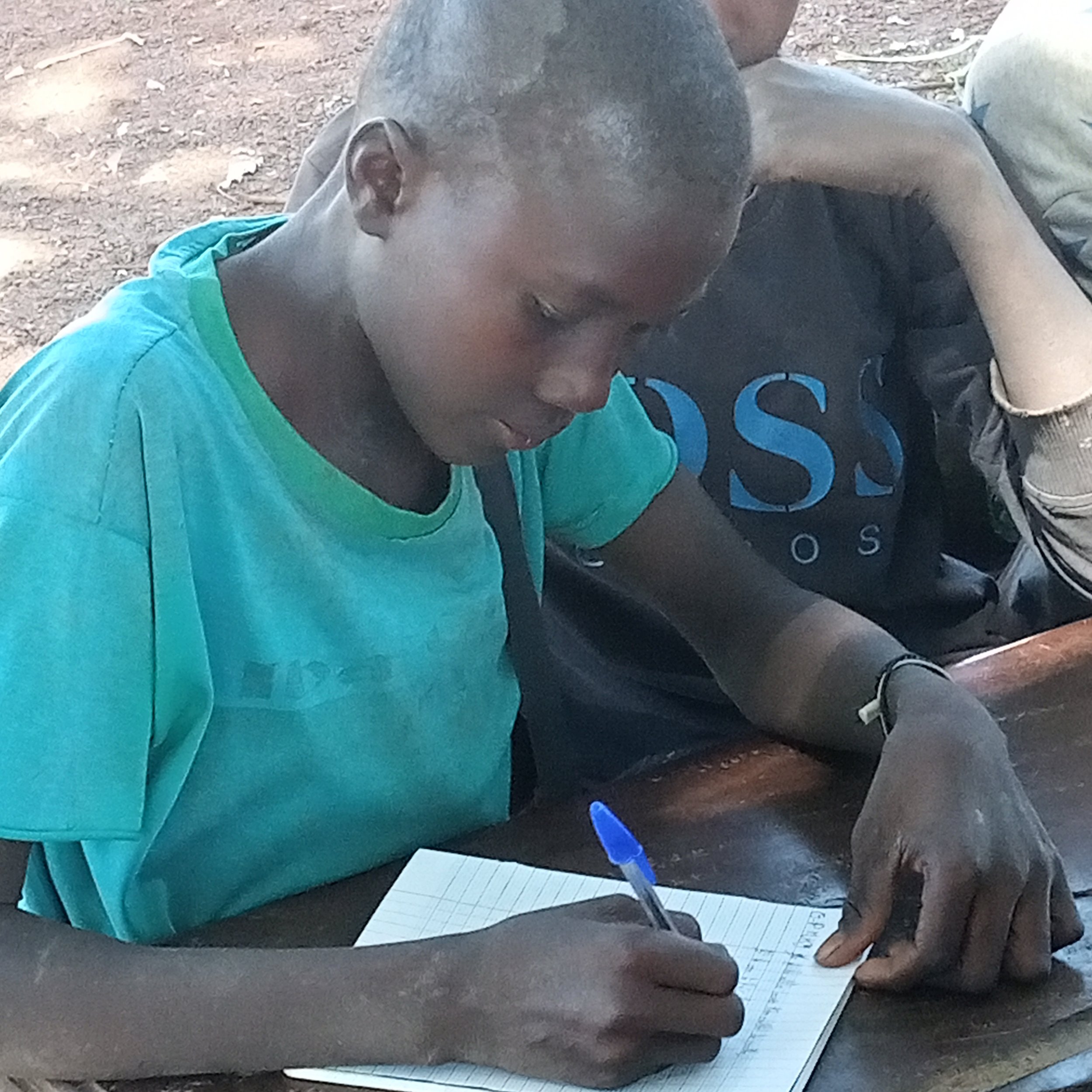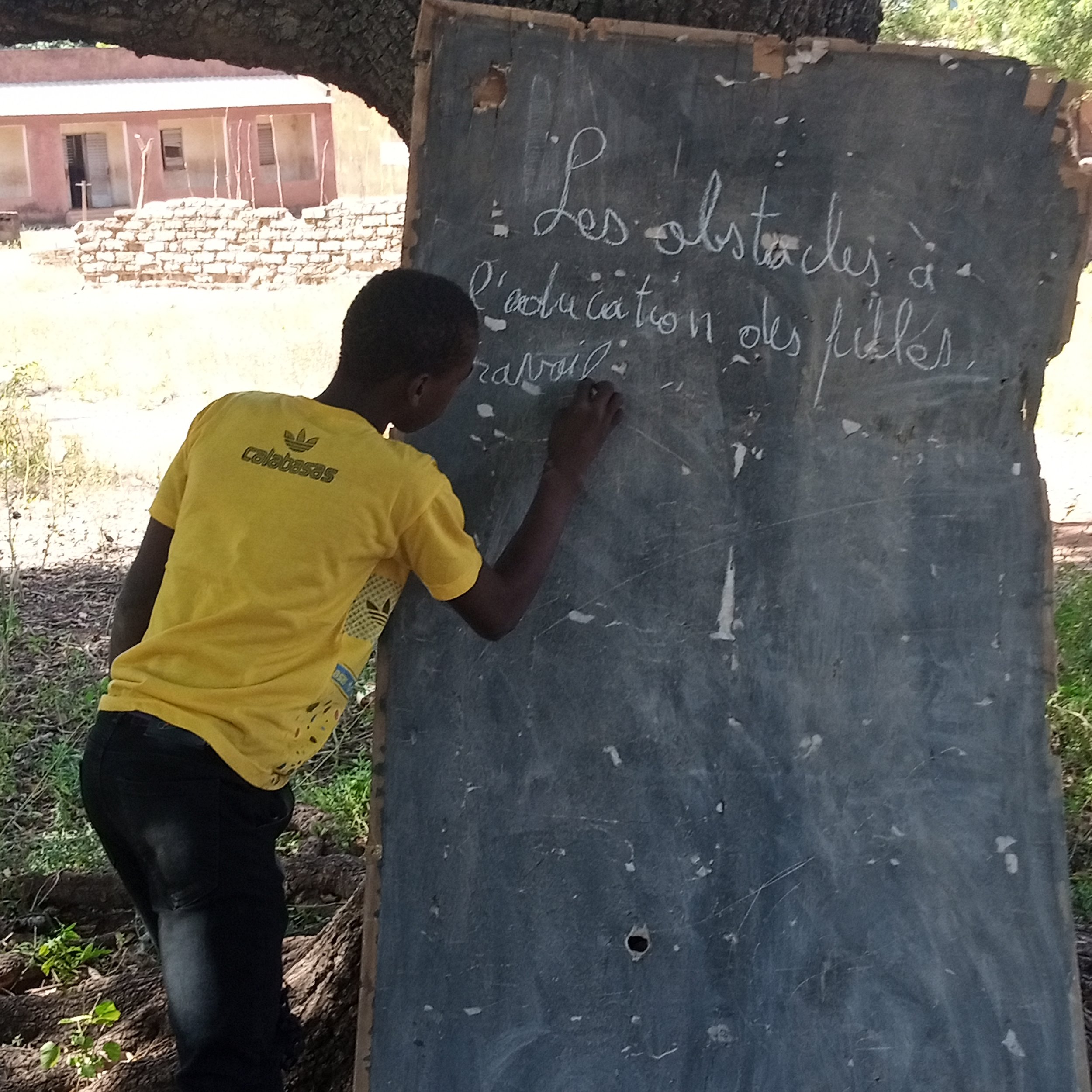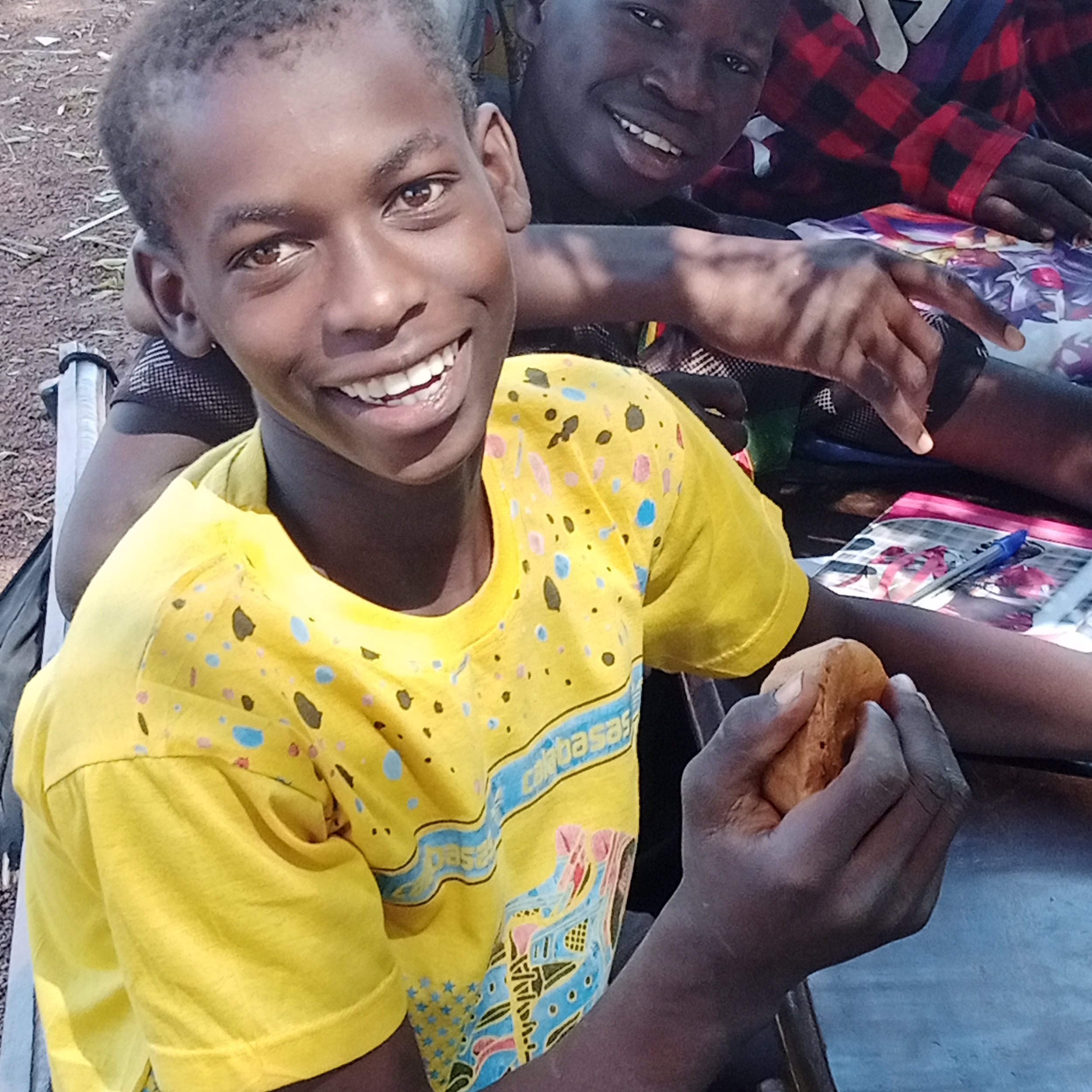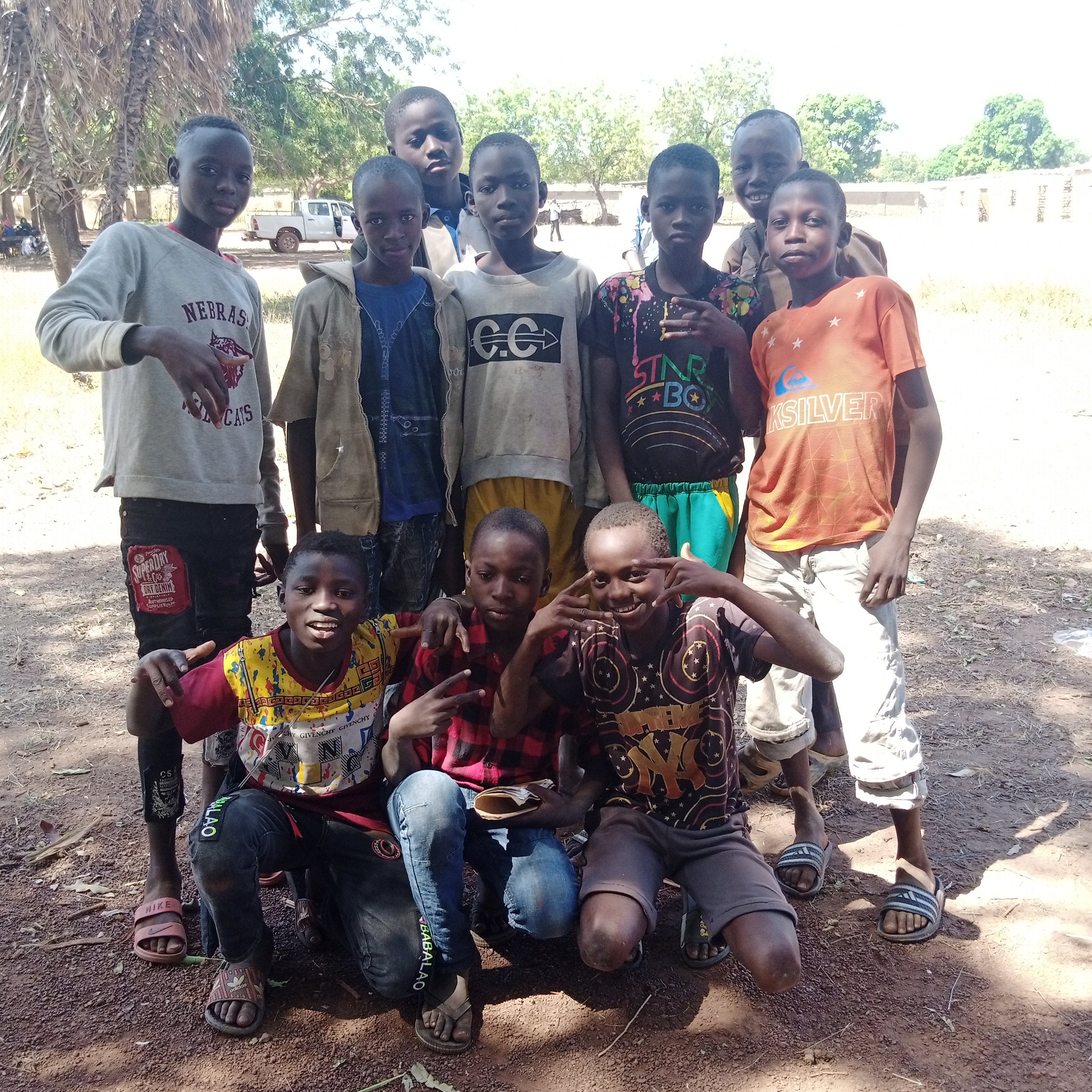Bintou Samake’s loan
Bintou Samaké is the mother of 7 children, 5 of whom are currently in the middle school of Beneko. She was one of the beneficiaries of the first distribution from Beneko's Mothers’ Loan Fund.
When she received her loan, Bintou went by bike to get oranges from Famana, a village 10km from Beneko, to come back and sell them in Beneko. After selling her oranges she obtained 2500 FCFA as a profit. In six months, she was able to have a personal benefit of 30,000 FCFA. After six months, she returned the 5000 FCFA plus the interest of 1000 FCFA in the fund. “I sell oranges because a lot of people don't sell those here. That's why the profit is a bit high compared to other businesses in the village,” says Bintou.
Before the arrival of the project, Bintou found it difficult to pay the school fees of her five children. She saw her children expelled from school because of non-payment of school fees. She and her husband are farmers so they do not have enough resources. When the Girls’ Project Mothers’ Loan Fund came, the project paid for all the girls' school fees, which reduced her expenses. Bintou likes her side business, but she continues to farm and be a housewife.
Deniba Bagayoko’s loan
Deniba buys condiments such as tomatoes, onions, garlic, and concentrated tomatoes to sell in the village. The profit is not huge but it allows her to repay the money and interest from the Fund and still to have some extra money to set aside aside.
She also often buys cereals such as millet and maize when it is cheaper and keeps them until the price of these cereals is high, then she sells them. “The money that Mali Rising gave us helped me a lot, especially to pay the school fees for the girls because it is the women who pay the school fees for the girls but the women do not have the means to pay that. My daughter is married and her husband's parents do not want to pay her school fees. But thanks to the interest of the fund, she continues her studies,” exlplains Deniba.
Deniba Bagayoko’s last daughter in grade 9. Her daughter loves school but has failed the DEF graduation exam twice. Her daughter is married in another village 3 km from Beneko, and she has a 1-year-old child. Deniba says tat housework and the maintenance of the child prevent her from studying well.
However, Deniba takes care of her daughter’s child so that she can go to school. The daughter’s husband wants her to study but she is in the big family the household chores are enormous, so it is not at all easy. According to Deniba if there was no interest in the fund to pay her daughter's school fees, her studies would be finished because her in-laws refuse to pay. But because she utilized the Mothers’ Loan Fund through Mali Rising, they have not had difficulty paying school fees for the girls.
The women of Benkeo welcome the Mothers’ Loan Fund because it allows them to keep their daughters in school without fear of expulsion. We love to see the Funds succeed because there are just so many benefits – more girls in school, mothers that feel empowered to protect their daughters, and even a little “extra” money for the family home.
Learn more about the Girls’ Project.
